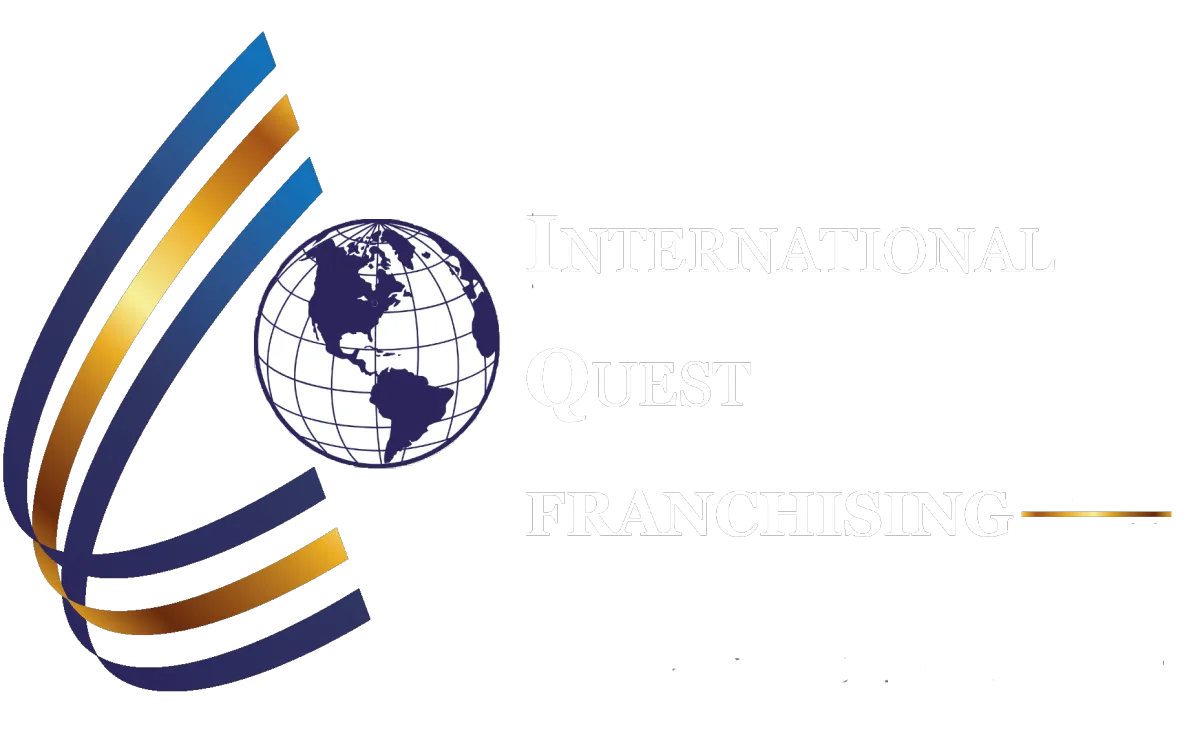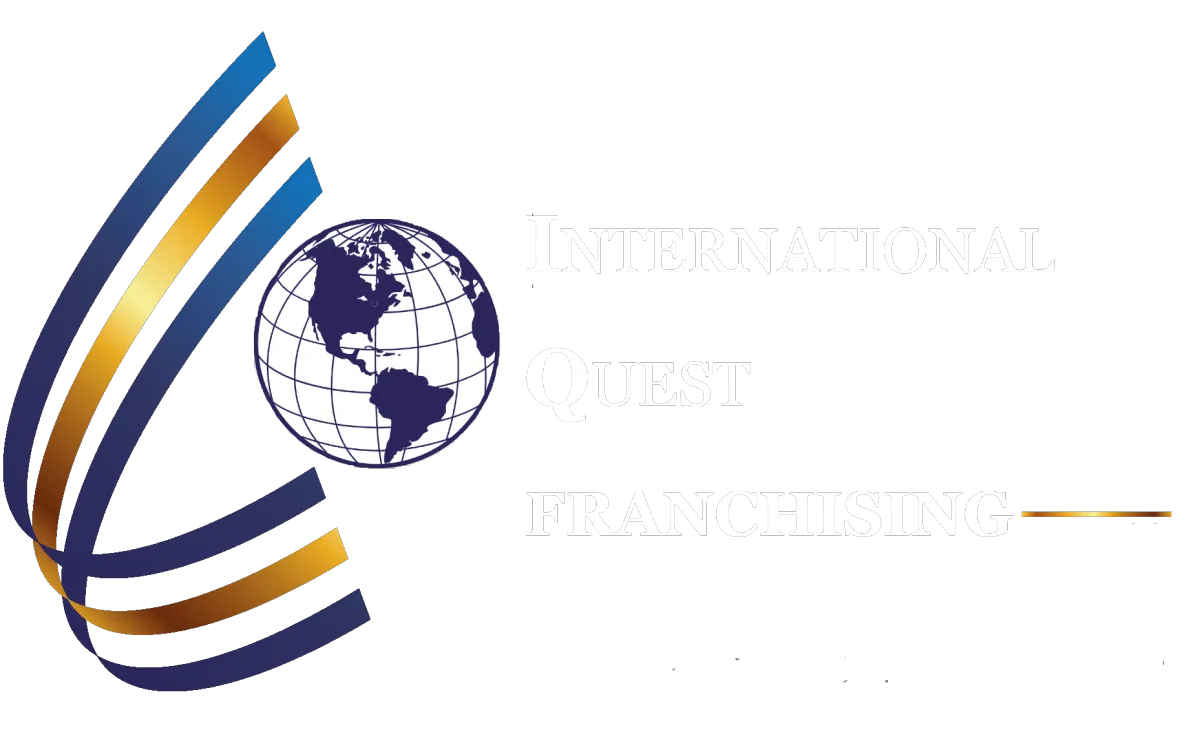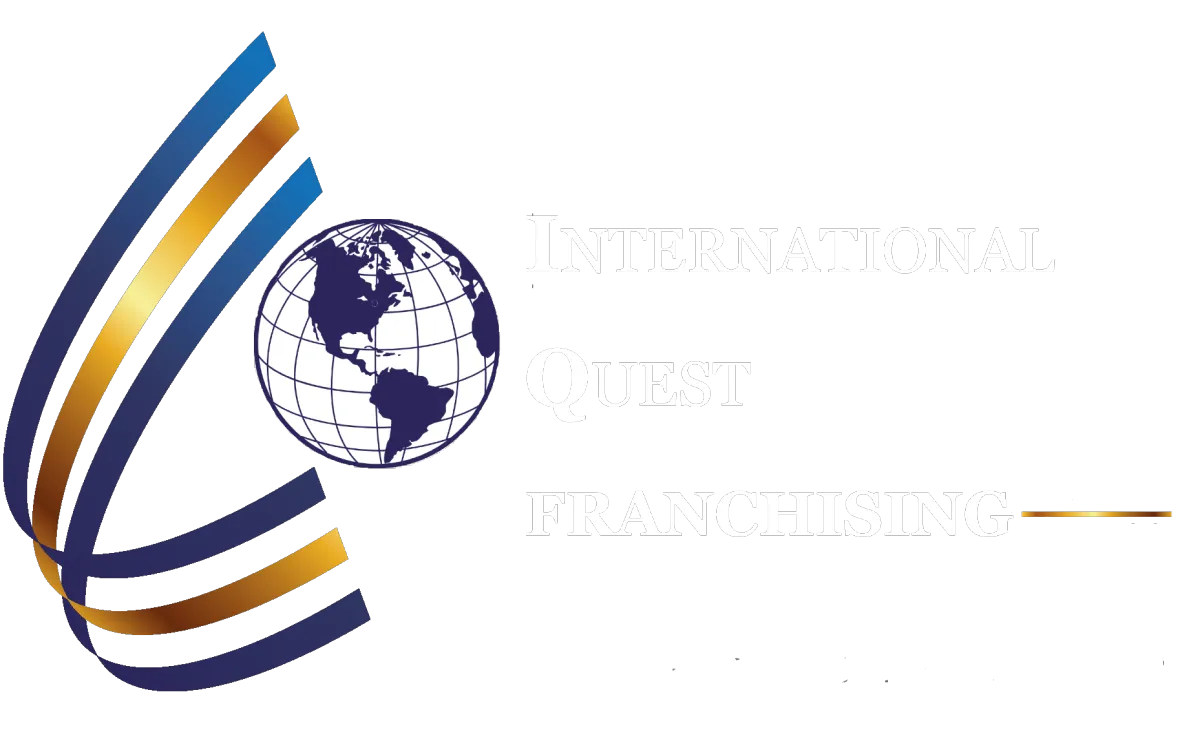
Transforming Your Business Through Expert Franchise Development

Franchising Pros & Cons
Pros
Rapid Expansion
Franchising provides the ability to quickly become geographically disbursed, opening multiple locations simultaneously -locally, regionally, and nationally, providing fast entry into new markets. This affords you the opportunity to quickly gain market share, reach optimal size, maximize profits, and reduce economic concentration.
Reduced Capital Exposure
Franchising provided the abililty to rapidly expand into new markets with limited financial exposure. Typically, establishing a franchise system requires less time, capital, capital resources, and staff to set up than opening a new location. And, the initial franchising cost can be quickly recovered through the immediate income from franchise fees, royalties, etc. Furthermore, the capital infusion provides the financial resources to achieve immediate and long-term company objectives without incurring substantial debt.
Reduced Risk
One of the biggest benefits to the franchisor is the ability to expand while reducing risk. Unlike starting a new location yourself-paying for permits and licenses, a lease, staff and supplier issues, etc., when you franchise, you put relatively little money into adding each location. The franchisee takes on the debt and liability of opening an independently owned business under the franchise brand, and you immediately generate revenue.
Highly Motivated Owner-Operator
Typically, the franchisee is the owner and operator of the franchised business. Because franchisees have initial and ongoing investments in the business, the franchisee is highly motivated to make the business successful, more so than employees that have no vested interest.
Local Knowledge
Franchisees provide local market knowledge and insights into local conditions, plus an established network. Franchisees provide a competitive advantage.
Increased Brand Awareness
One of the many benefits of franchising is increased brand awareness. It’s a win-win scenario. The more locations the brand has, the more people become aware of the brand. And the more these customers enjoy the brand, the more profitable and successful the brand can be. Your network grows, and you generate more marketing funds to promote the brand.
Greater Buying Power
Suppliers are more likely to grant discounts for volume buying than if you buy products or services for only one location. As your franchise organization grows, the increasing number of units enables the franchisor to buy for the entire system at lower prices or receive rebates. This greatly enhances franchisee profit margins and gives the franchisees a very strong advantage over competitors.
Better Financial Arrangements
The increase in permanent capital and recurring revenue streams provides additional, and often more favorable, financing opportunities and arrangements. Additionally, expanding franchise markets may improve the opportunities to obtain other private and/or public capital for growth.
Recognition & Prestige
Being a successful franchisor increases the status of your company in the eyes of lenders, customers, and suppliers.
Cons
Up Front Costs
There is an initial start-up expense of both time and money to get a franchise business operational. A proper model will require legal, accounting and consulting expenses to prepare agreements, manuals, sales and marketing materials, etc.
Increased Annual Costs
In addition to the start-up costs of franchising in the first place, federal and state regulations requirements for the annual disclosure process will increase legal and accounting costs, internally and externally.
Less Control
You can’t tell franchisees what to do in the same way that you can with employees. Franchisees pay you for the right to work under your brand, guided by the franchise agreement and operations manual, etc. But, franchisees run the day-to-day operations, manage their own staff; and, terminating a franchisee is more complicated than terminating an employee. Although you are providing a full franchise package, franchisees operate as independent businesses.
Pressure to Accelerate Organizational Growth
The emphasis on short-term growth (new franchisees) can lead to short-range decisions that may be contrary to long-range company goals.
Less Per-Unit Revenue (to Franchisor)
While each franchisee pays royalties, etc., the franchisee retains the majority of the revenues from the business; revenue you could have received if you opened and operated the business yourself.
Innovation Challenges
It’s a more formal process to update the business model with franchising than if you owned all the businesses outright. Franchisee operations must be considered. There is a process that should be followed.

Our mission
Empowering small business growth through franchising - creating great communities everywhere!
Copyright © 2025 International Quest Franchising, LLC. All Rights Reserved
Privacy Policy | Terms & Conditions